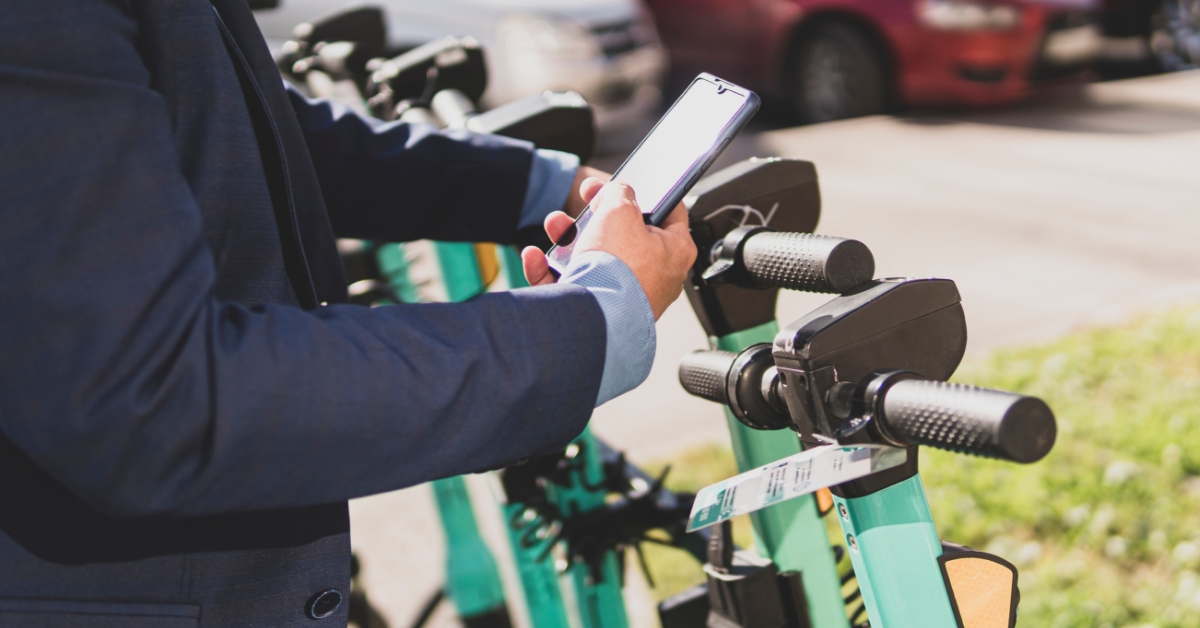Core concept: “UBBUBB Ultra-broadband is when the actual download connection speed is at least 30 Mbps. Networks in which the connection speed reaches or exceeds 1 Gbps are generically referred to as ultra-fast networks. To enable these speeds, optical fibres must be used instead of traditional copper cables, which is why these networks are called optical access networks (NGANs) or, more simply, optical networks (NGNs). – Ultra-broadbandBroadband The term broadband, in telecommunications, generally refers to the transmission and reception of information data at a connection speed of over 144 kb/s. Broadband organises different channels, conveying different content in the form of data, such as Internet radio, animation, audio files and high-definition video.”. At Open Fiber, we’ve set ourselves the goal of connecting up Italy – from big cities to small villages – to guarantee free access to technology for all and to minimise the digital divideDigital Divide A term to describe the gap between those who can use new information and communication technologies and those who, for technical, economic or social reasons, are unable to use them. Read the news item “Digital divide and social inequality: the role of Open Fiber” to find out more.. We want to contribute to the process of transforming each and every municipality by ensuring greater access to technology in day-to-day life and providing a boost to the economy.
In line with the Italian Ultra-Broadband Strategy, we will aim to ensure nationwide fiber-optic coverage. We will predominantly use FTTHFTTH “Fiber to the Home” is the technology that connects POPs, located in exchanges, to end users’ property units with fiber optics. (Fiber To The Home) technology for a reliable and fast high-performance connection of up to 10 Gigabits per second for both downloadDownload The action of downloading or retrieving data from the network. and uploadUpload Uploading data online.. Alternatively, we will use Fixed WirelessWireless Connections that use ‘wireless’ transmission systems to connect the user’s device to the network. Typical examples are 3G, 4G, Wi-Fi, and WiMax. Access (FWAFWA Also known as ‘Wireless Local Loop’ (WLL), FWA refers to the use of radio solutions to cover the last mile to property units dispersed in very sparsely populated areas. A main antenna, typically connected to the network via fiber optics, covers an area of varying size where an antenna is mounted on each property unit equipped with an apparatus that transforms the radio signal and enables the connection of the CPE (Customer Premises Equipment), the electronic device used as a user-side terminal.) technology where FTTH is not available.







